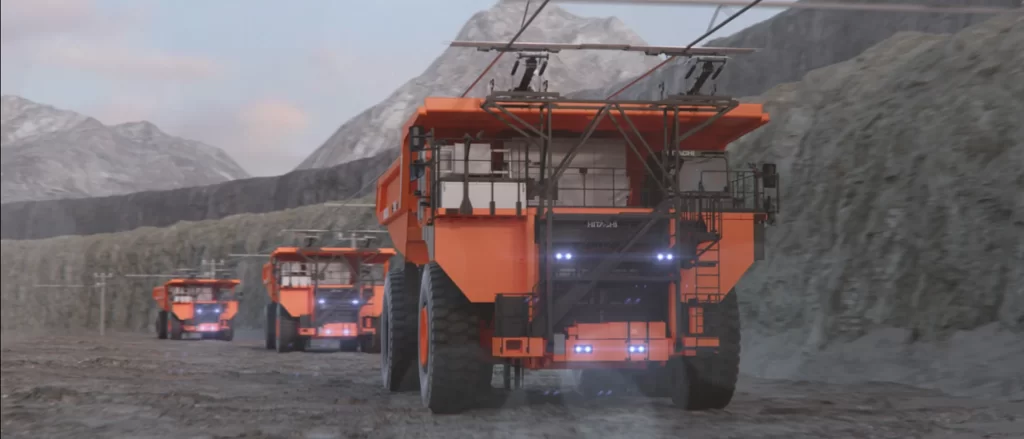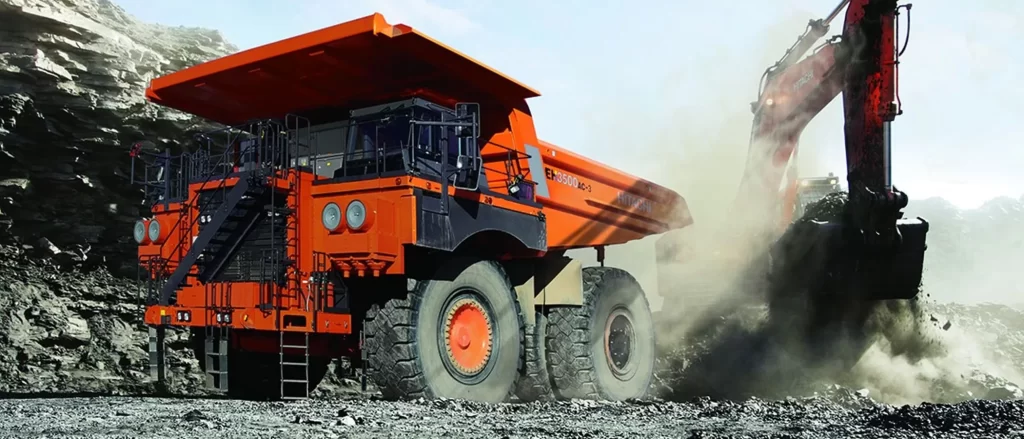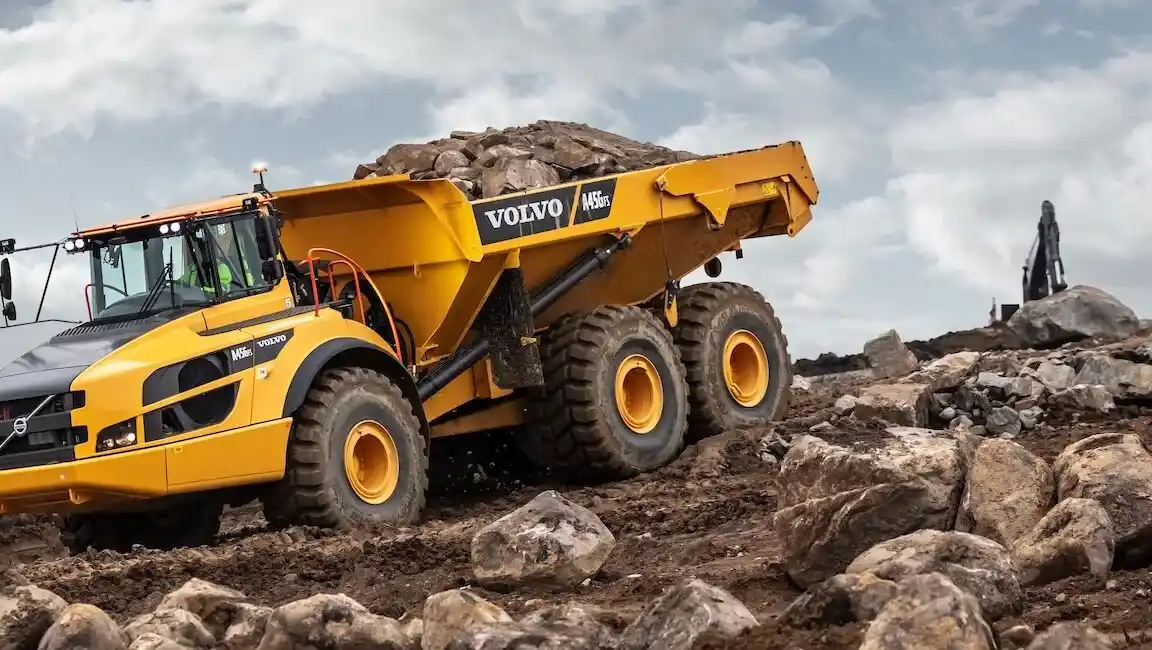Fake Truck Its Impact on Heavy Equipment Industry
Fake Truck: How to Identify and Its Impact on the Heavy Equipment Industry
In the world of heavy equipment and mining vehicles, a growing concern is the presence of fake trucks. While they may look like genuine trucks, fake trucks often do not meet the necessary safety and quality standards required for heavy-duty operations. In this article, we will explore what fake trucks are, how to identify them, and the impact they have on the heavy equipment industry, as well as the solutions that can be taken to address the issue.

What Is a Fake Truck?
A fake truck refers to a vehicle that has been manufactured with low-quality materials and components, not adhering to the original factory specifications. These trucks are often sold at very low prices, making them an attractive option for companies looking to save costs. However, fake trucks pose significant risks due to their substandard quality.
How to Identify a Fake Truck?
Identifying a fake truck can be challenging, but there are several ways to verify its authenticity:
Check Certificates and Documents
Genuine trucks come with factory certificates, manuals, and other important documents that verify their quality and production standards. Fake trucks often lack these documents or provide fraudulent ones.Inspect the Components and Materials
One of the easiest signs of a fake truck is the poor quality of the materials and components. Genuine trucks use high-quality materials, while fake trucks often rely on cheap and unreliable parts.Verify the Chassis and Engine Numbers
Genuine trucks have chassis and engine numbers recorded in the manufacturer’s database. You can check these numbers with the manufacturer to confirm the truck’s authenticity.Performance and Safety Tests
Conduct a test drive to assess the truck’s performance. Genuine trucks are usually stable and reliable, while fake trucks may exhibit instability and safety concerns.

Impact of Fake Trucks on the Heavy Equipment Industry
Using fake trucks can lead to severe operational and financial consequences, including:
- Financial Losses
The cost of maintaining and repairing fake trucks is much higher due to their low-quality components that wear out quickly. - Safety Hazards
Fake trucks that do not meet safety standards can cause accidents in the field, putting workers and other equipment at risk. - Decreased Productivity
Frequent breakdowns and inadequate repairs can disrupt operations and reduce overall productivity.
Solutions for Addressing Fake Truck Issues
There are several steps that can be taken to avoid the risks of fake trucks:
Purchase Trucks from Authorized Dealers
Always buy trucks from authorized dealers or trusted distributors who offer products with quality guarantees.Regular Inspections
Conduct regular inspections to ensure your truck is in good condition. If you find any suspicious components, have them checked thoroughly.Professional Maintenance and Repairs
If your truck encounters issues, make sure to have it repaired by experts who specialize in heavy equipment, such as SSC Works. We are here to assist with maintenance and repairs for trucks and other heavy equipment.
Conclusion
While fake trucks may seem like an affordable option, their risks are high for the heavy equipment industry. Damage, accidents, and high maintenance costs can lead to significant losses for companies in the long run. Therefore, it’s crucial to be cautious when selecting trucks and ensuring proper maintenance. SSC Works is ready to assist with the maintenance and repair of your heavy equipment to keep it operating at optimal levels and reduce the risk of damage.

